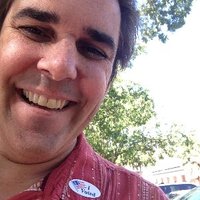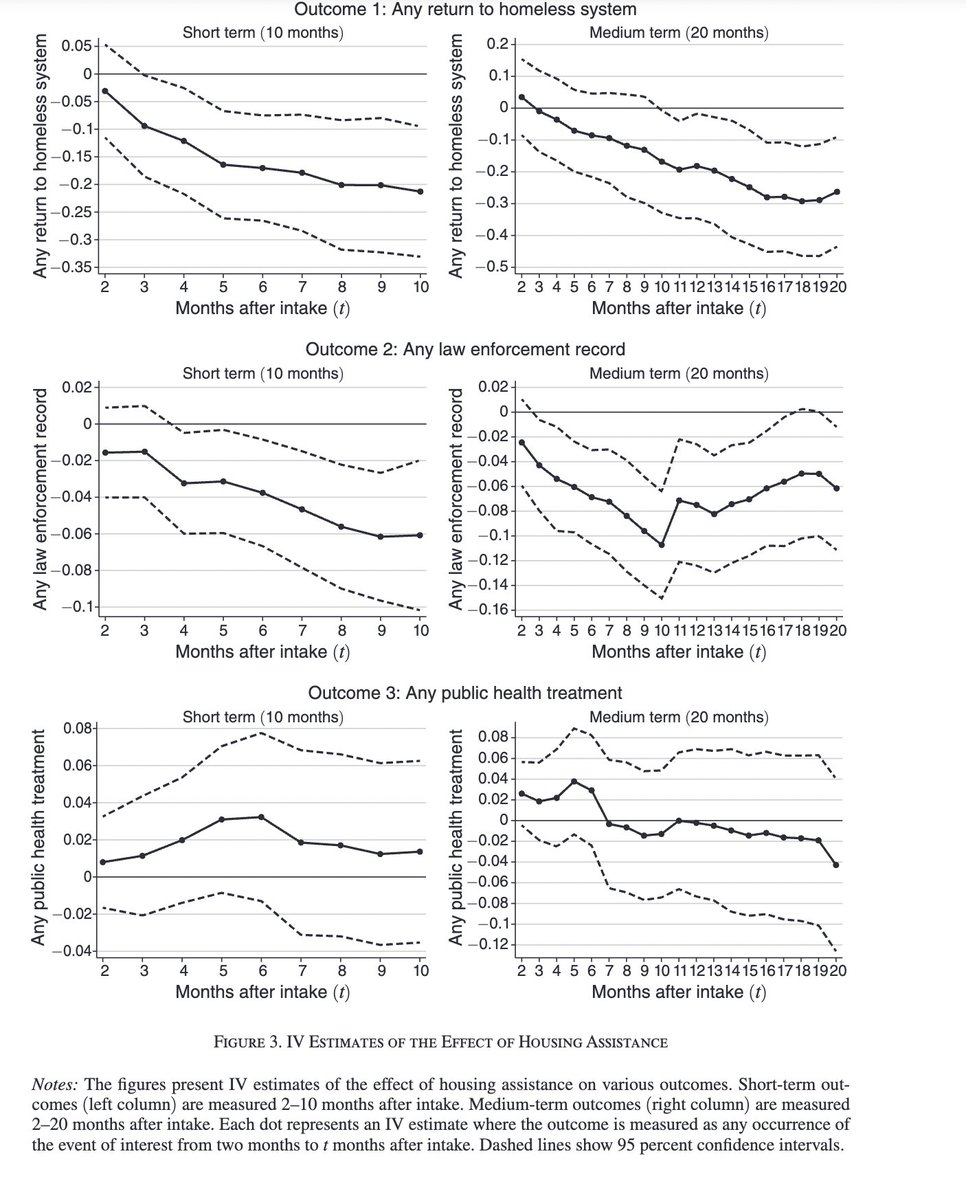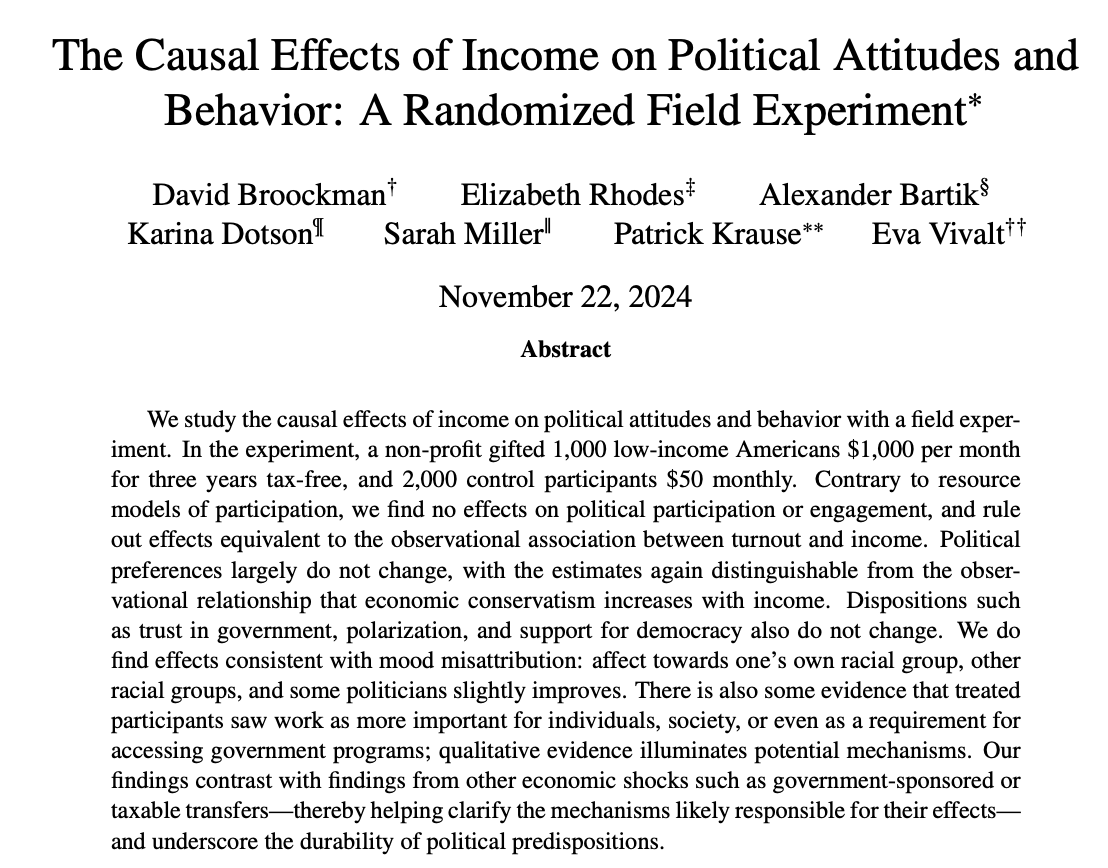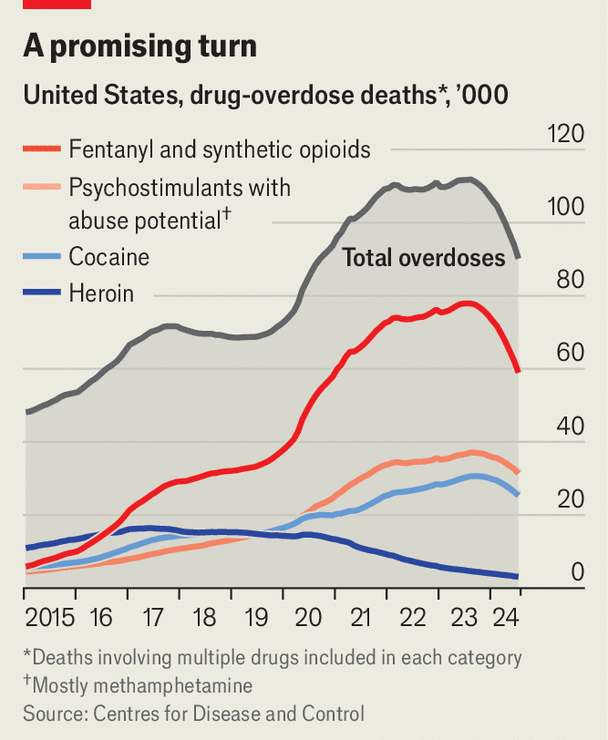
Matt Cravens
@mattcravens
Senior Data Analyst @douglascountyks. @UMNews Ph.D. @dartmouth postdoc. @TuftsUniversity. Dad, husband.
ID: 258965523
28-02-2011 21:57:20
6,6K Tweet
1,1K Followers
2,2K Following


A well-deserved congratulations to the The Lawrence Times!

.Dept. of Agriculture moves to ban school lunch payment processing fees for low-income families after a @CFPB report showed families were paying $100 million annually in fees to deposit money for their children's meals online. subscriber.politicopro.com/article/2024/1…



Provisional 2024 CDC data show a promising decline in drug overdose deaths. Jan Hoffman and Noah Weiland report on the changing trend: nytimes.com/2024/11/21/hea…


Can you guess what happens when you provide homeless people with housing? ... ... ... ... Well.... can you? ... ... ... ... Oh all right, I'll tell you. You reduce crime, increase employment, and do not increasing reliance on social benefits. by: Elior Cohen in:



I have an op-ed in the The New York Times today about how to reduce crime. The key idea, based on decades of strong research evidence: focus on increasing the probability of getting caught, not the punishment. nytimes.com/2024/12/07/opi…





New article on measuring recidivism by Shawn Bushway and Megan Denver:














